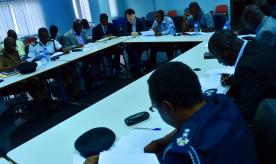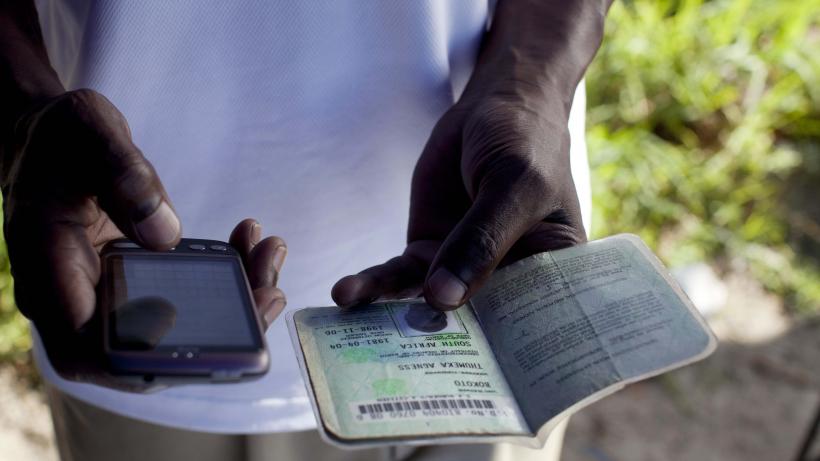Daniel Rogger is a Research Economist in the World Bank's Impact Evaluation Unit of the Development Research Group. His areas of interest are political economy, and organizational and public economics. Dan’s research aims to understand how to build organisations that effectively deliver public services. He does large scale surveys and research in collaboration with civil service organisations across the world. Dan did his PhD in economics at University College London (UCL), his Masters in Economics at the University of Cambridge, and his undergraduate degree in economics at UCL. Previously, he has worked as an Economist in the Presidency of Nigeria, an Associate Researcher for the UK's Department for International Development, and as a PhD scholar at the Institute for Fiscal Studies.













